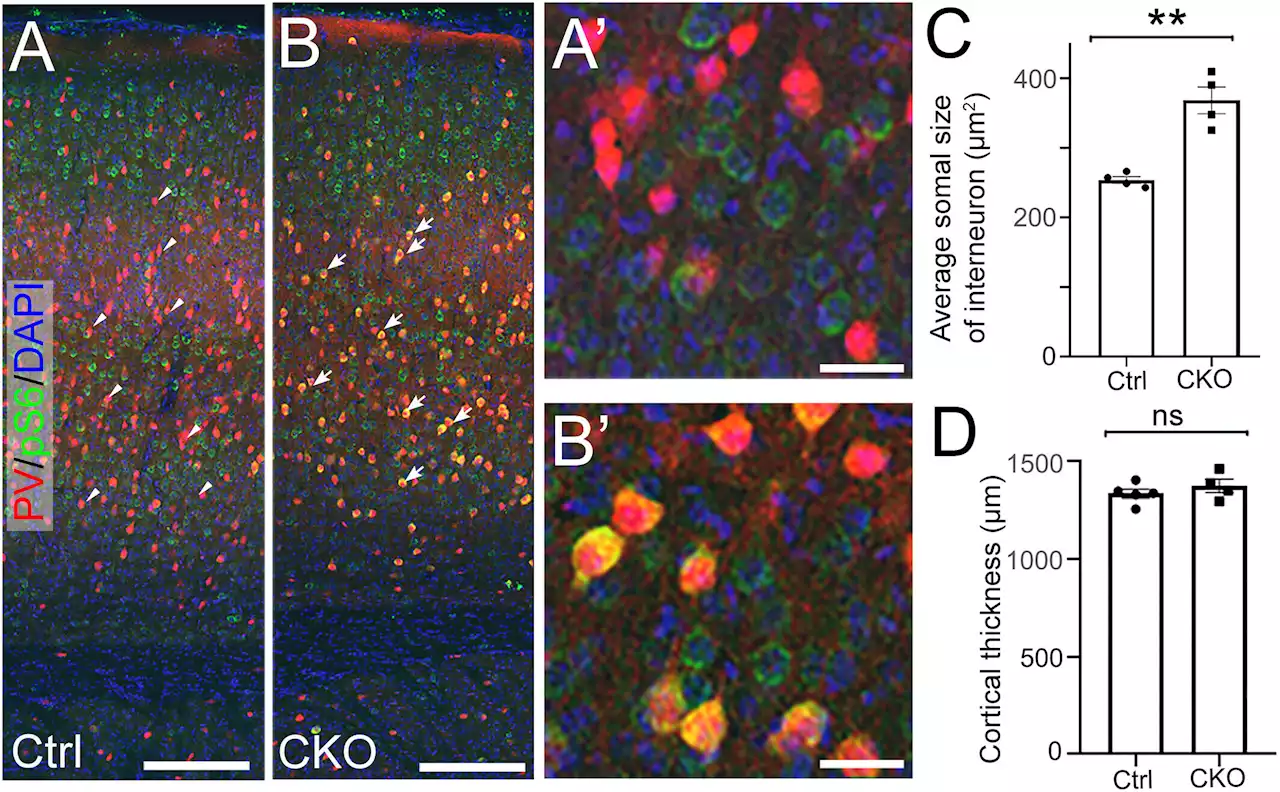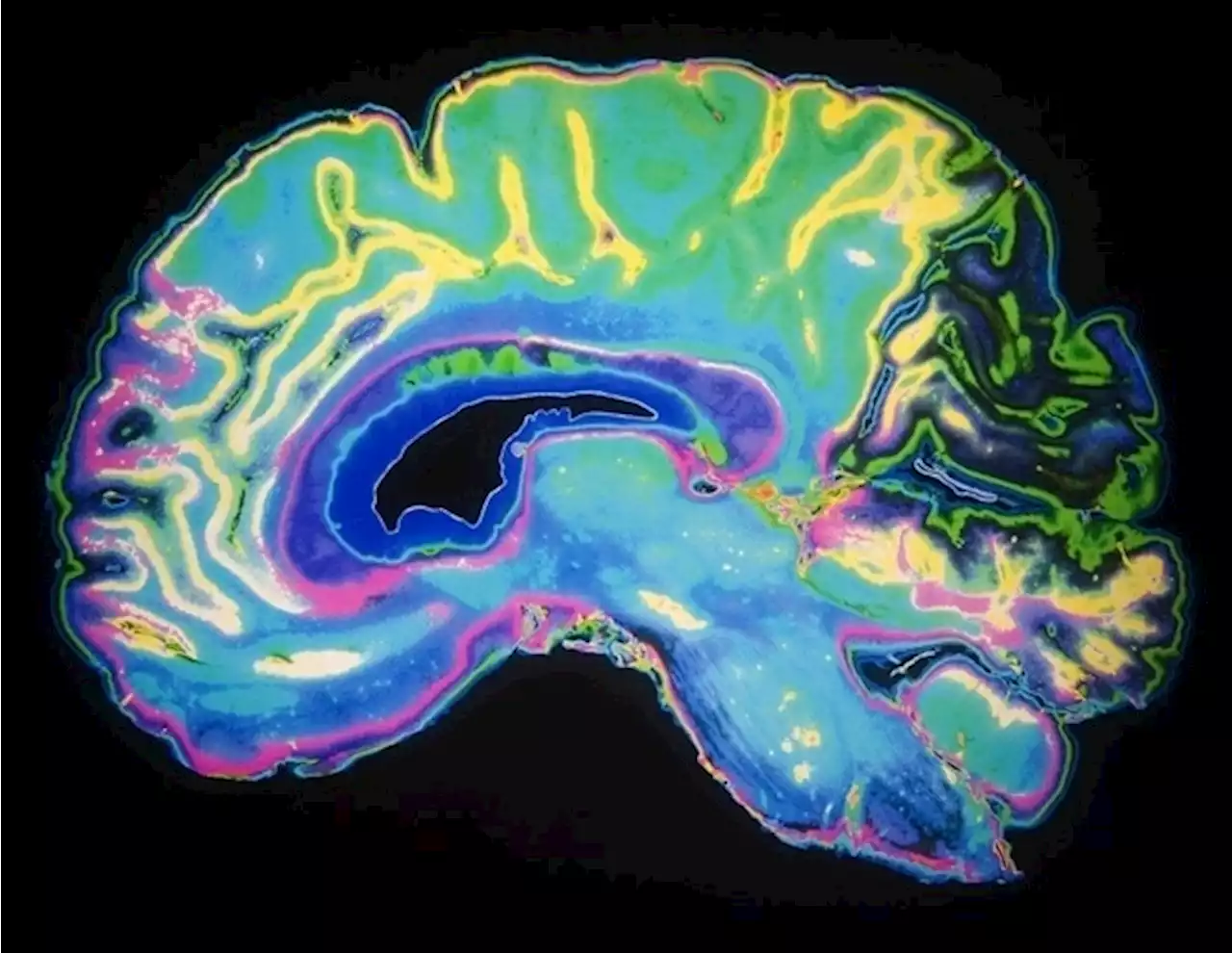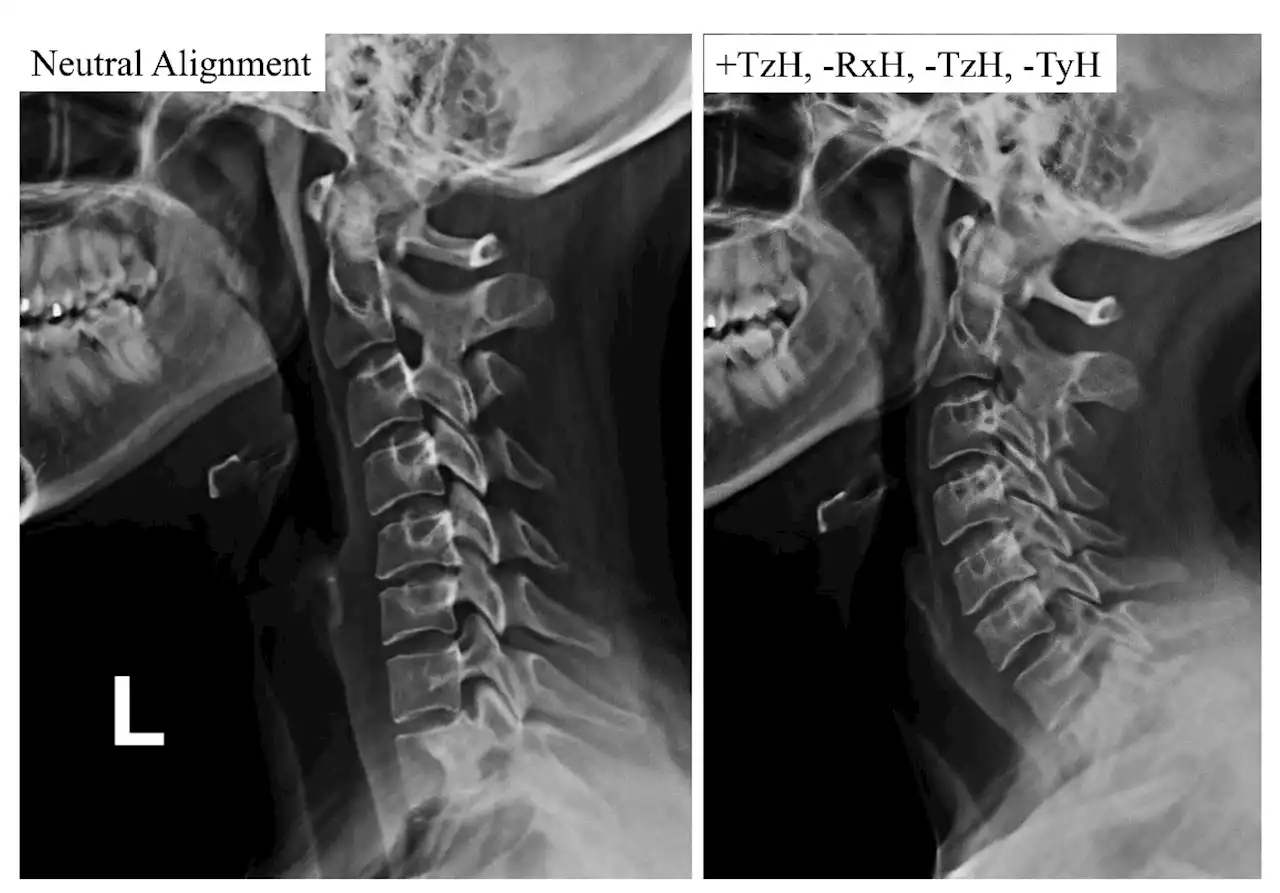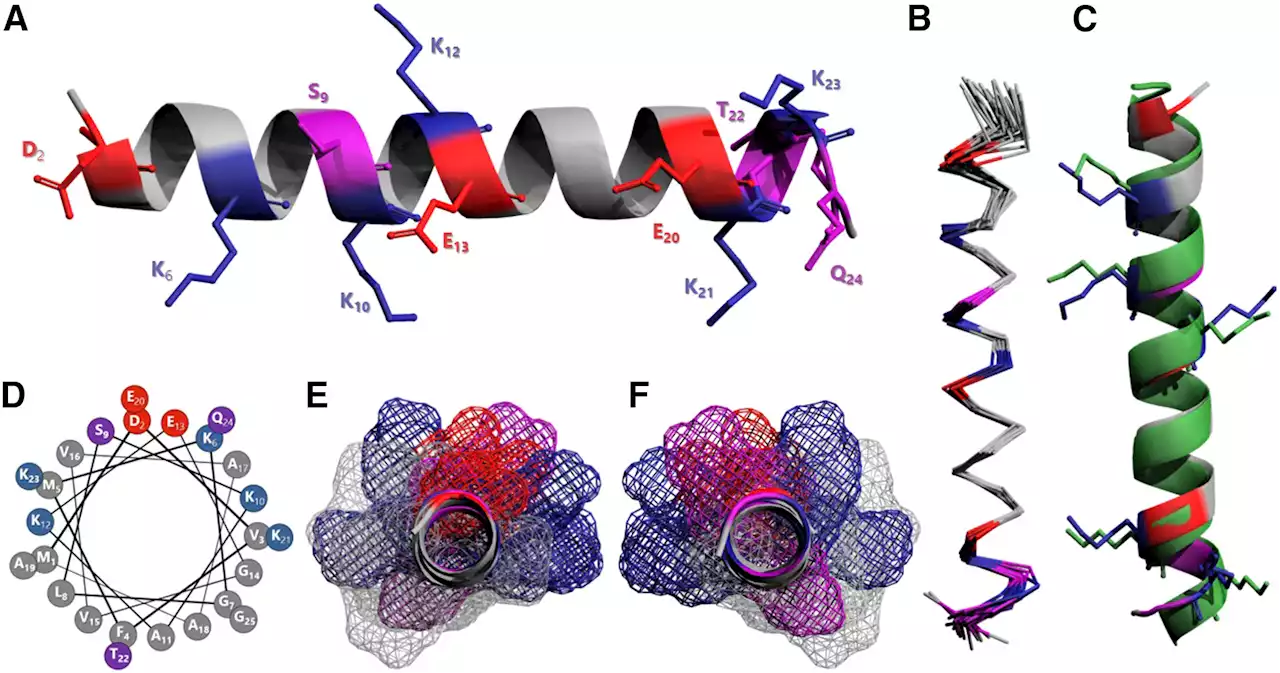Scientists have identified a molecule that can prevent tangling of a brain protein that is linked to diseases such as Parkinson's. The findings may provide insights into new ways of treating or diagnosing the early stages of dementia.
Alpha-synuclein, a protein found in brain cells, is commonly associated with neurodegenerative diseases such as Parkinson's, a debilitating neurological disorder affecting millions worldwide.
Like all proteins, it is made up of a long strand of molecules called amino acids. When it's made, this strand folds in on itself to form a complex but precise 3D shape, made up of sub-structures and loops.interacts with cell membranes where it plays a role in how brain cells communicate with each other, but as a person ages, the 3D shape of the protein can malform, or"misfold," causing it to start sticking together to form toxic clumps in the brain.
Over time these clumps continue to stack, forming fibers that can interfere with the protein's normal role, eventually killingA team of scientists at the Universities of Bath and Bristol took a, or peptide, from one end of the alpha-synuclein protein strand and mixed it with samples of the full-length alpha-synuclein protein.
They found that the fragment prevented misfolding in vitro, by stabilizing its normal structure to prevent it from tangling, forming clumps and disrupting the
United Kingdom Latest News, United Kingdom Headlines
Similar News:You can also read news stories similar to this one that we have collected from other news sources.
 Scientists develop a new model for understanding sudden death in epilepsyResearchers at the University of Michigan have developed a model for studying one type of familial epilepsy, opening the door to understanding—and eventually targeting—the mechanisms that lead to the disorder and its associated fatalities.
Scientists develop a new model for understanding sudden death in epilepsyResearchers at the University of Michigan have developed a model for studying one type of familial epilepsy, opening the door to understanding—and eventually targeting—the mechanisms that lead to the disorder and its associated fatalities.
Read more »
 Scientists decode the marker protein that can be used to ‘‘see’’ neuroinflammationInflammation is the sign that our body is defending itself against an aggression. But when this response escalates, for example in the brain, it can lead to serious neurological or psychiatric diseases.
Scientists decode the marker protein that can be used to ‘‘see’’ neuroinflammationInflammation is the sign that our body is defending itself against an aggression. But when this response escalates, for example in the brain, it can lead to serious neurological or psychiatric diseases.
Read more »
The scientists taking to the skies to improve extreme weather forecastingWith climate change driving ever more extreme weather, the job of the 'storm chasers' is even more important. | ITV National News
Read more »
 Scientists give elderly chronic neck pain sufferers new hopeThose suffering from chronic neck pain can alleviate the symptoms on the way to full recovery if they adopt optimal posture and spinal alignment, according to a study by the University of Sharjah scientists.
Scientists give elderly chronic neck pain sufferers new hopeThose suffering from chronic neck pain can alleviate the symptoms on the way to full recovery if they adopt optimal posture and spinal alignment, according to a study by the University of Sharjah scientists.
Read more »
Scientists may have solved solar system mystery of Saturn's ringsNASA's Cassini spacecraft and university researchers have offered an answer to the 4.5 billion-year mystery of Saturn's rings' origins. | ITV News Tyne Tees
Read more »
